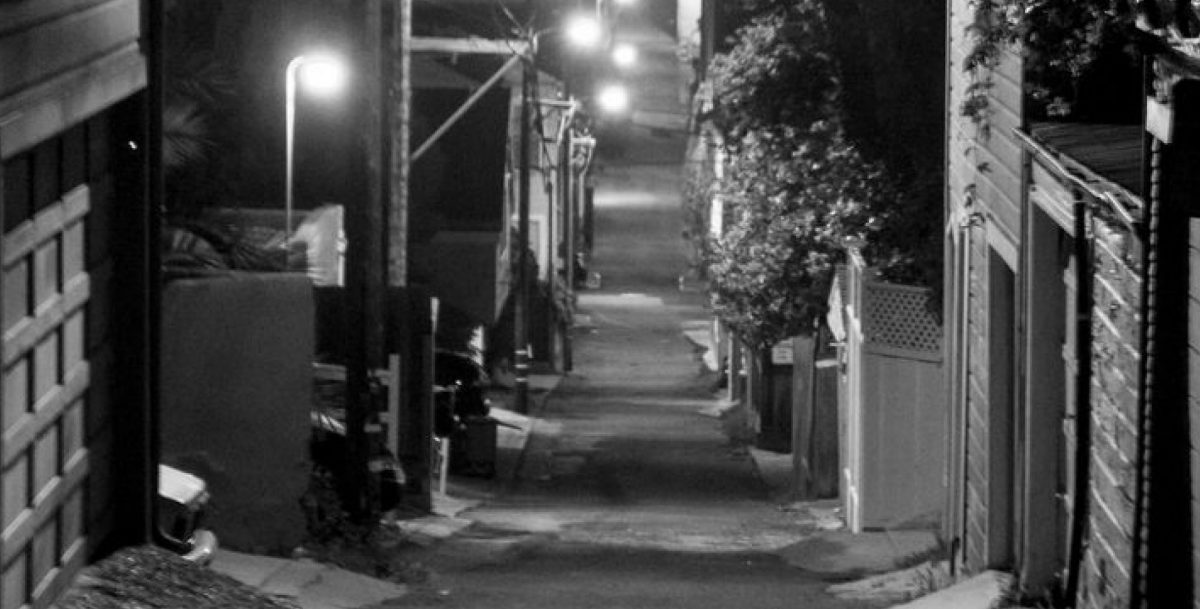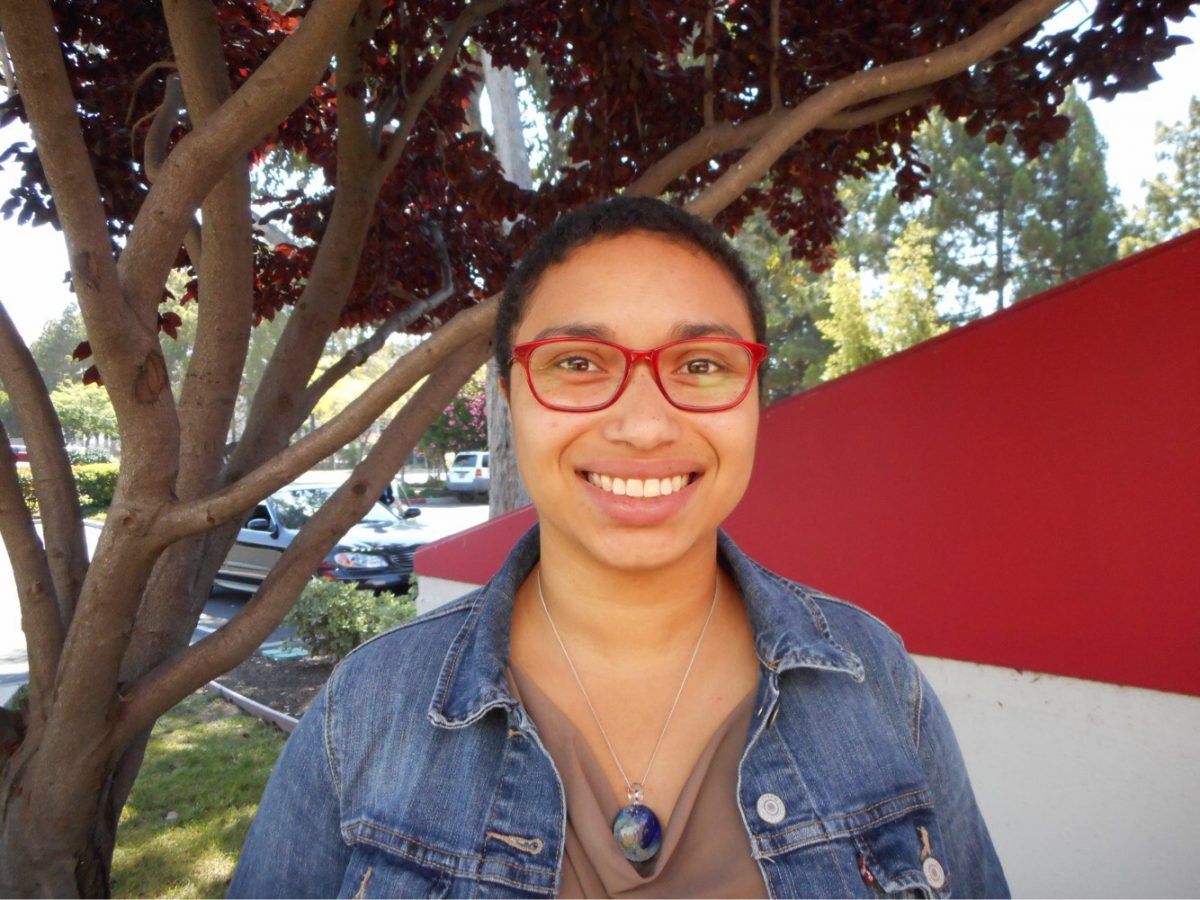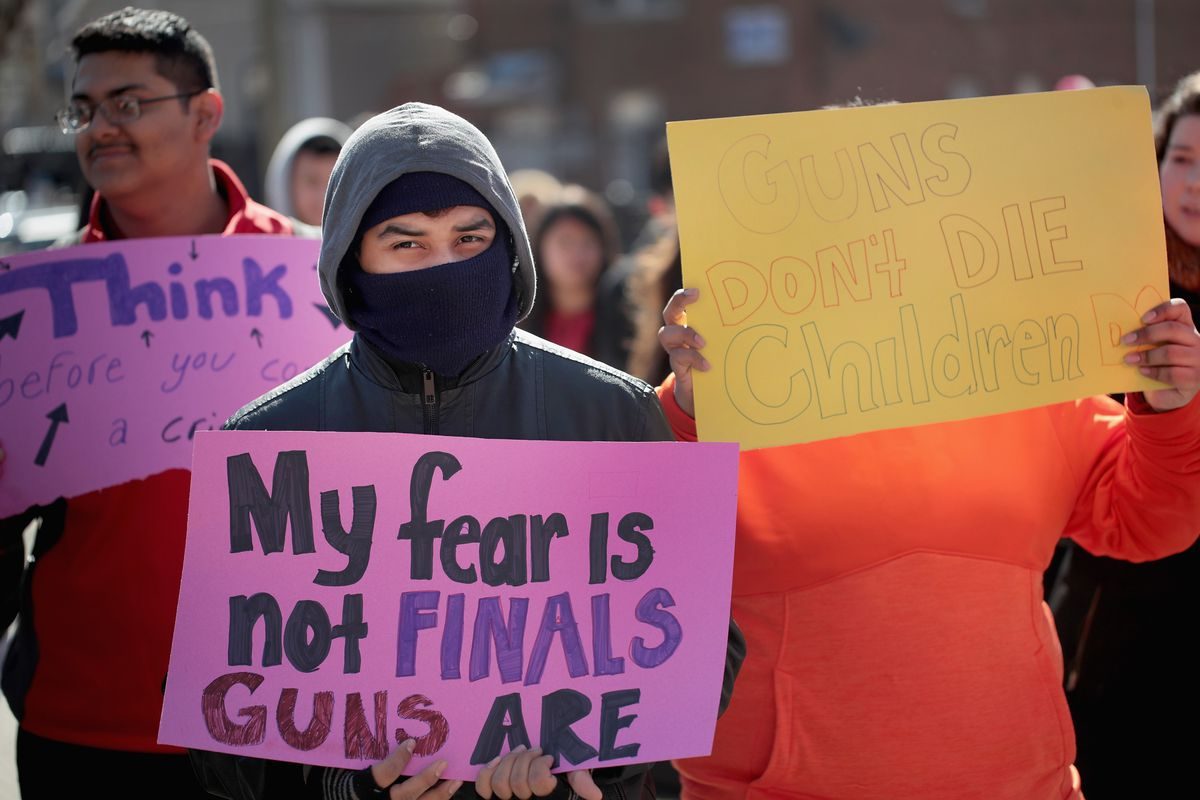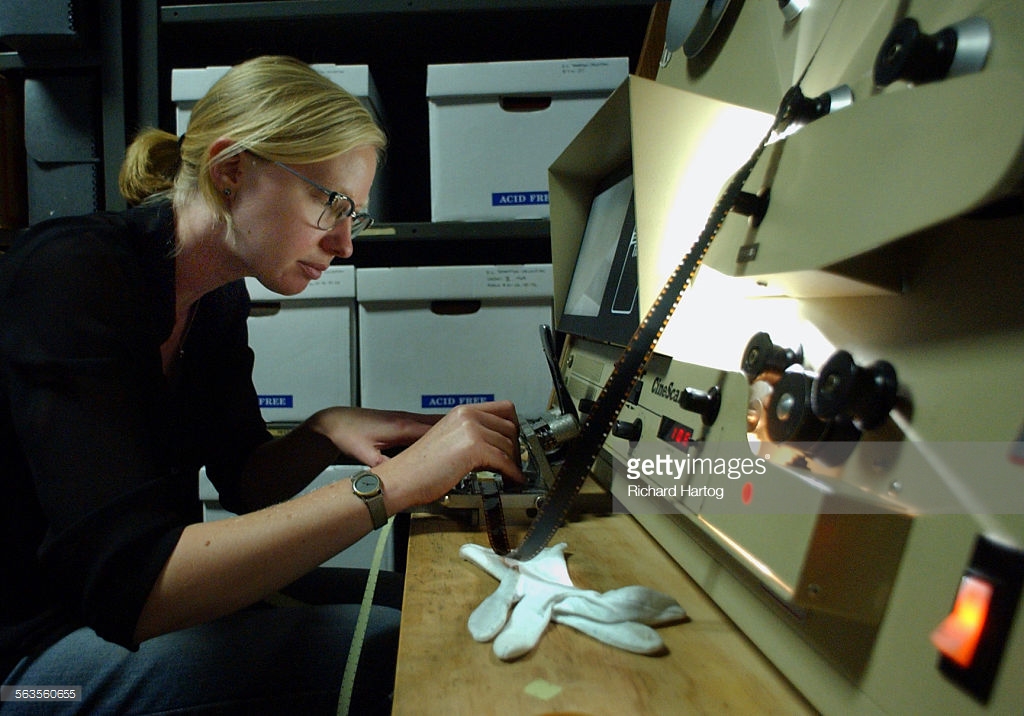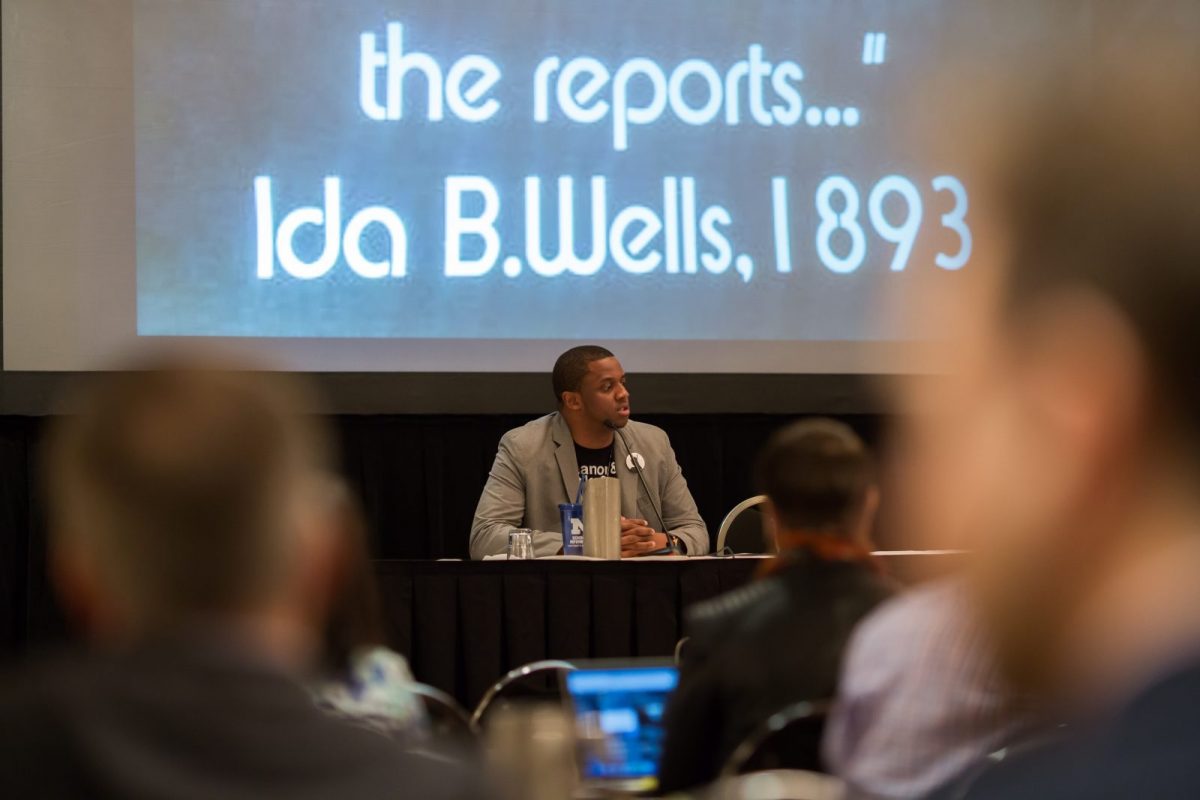Every episode of this podcast gets more exciting to me but I think having this conversation with Elena was deeply personal in a way that I never expected it to be. We’ve been Twitter pals for some time and I knew that she worked with Jarrett Drake so she already had major bonafides there. But I’m always really nervous when I go to talk to people about digital preservation because I’m still learning SO MUCH.
In my last job, they thought I knew a LOT more than I did about digital materials. I told them I didn’t at the very beginning but they didn’t seem to get it? It was a disaster. So I get really nervous about the idea of what I do/don’t know and how that comes across. Part of the reason I started Archivist’s Alley was to help myself better understand some of the things that I don’t completely “get” in the areas of preservation that I know BRAINBURSTINGLY INCREDIBLE people in.
Elena went beyond what I ever would have expected or thought. The work that she is doing and how she is going about it is revolutionary and our conversation left me jumping up and down and super excited. I hope that you get that from this.
One of the most (if not THE most) difficult things to do in preservation is to discover a void or area that has not been worked on/with and then go for it. This is what Elena Colón-Marrero is doing. When you have little to no research or previous work to assist you, it can be the hardest thing in the world and LONELY AS HELL. But it’s also super freeing because it means YOU are the one to develop the field. Period.
I can’t say that I’ve had that experience with something as complex as digital preservation but I MOST CERTAINLY have had the experience of wanting to do less traditional preservation work than your average bear. My entire career has been spent searching for those voids in our field. It’s very exciting work but GOOD GRIEF. It’s exhausting and frustrating and sometimes you feel like you’ve got 2 strikes against you at all times. It is an exceptionally tough road to travel down. But it’s so worth it.
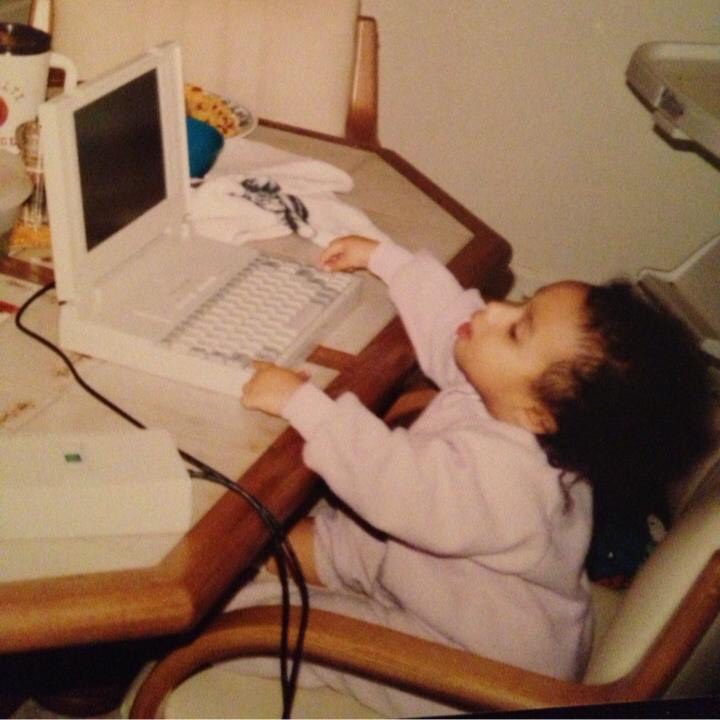
I feel extremely lucky to have been able to have this conversation about digital forensics, preservation, personal identity and the incredible work that this woman is doing.
Speaking of work, let me link you to some of her brilliance!
A short bio:
Elena Colón-Marrero is responsible for processing and reading the Museum’s digital collection with an emphasis on historic software objects. Colón-Marrero has a Master’s of Science in Information from the University of Michigan and B.A. in history from Christopher Newport University. Prior to joining the Museum, Elena was the 2015 John Foster and Janet Avery Dulles Archival Fellow for Princeton University’s Seeley G. Mudd Manuscript Library.
Some of her written work:
- Toni Morrison Papers Blog
- “Image This! A Voyage Through Digital Preservation” Digital Preservation 2018 presentation
